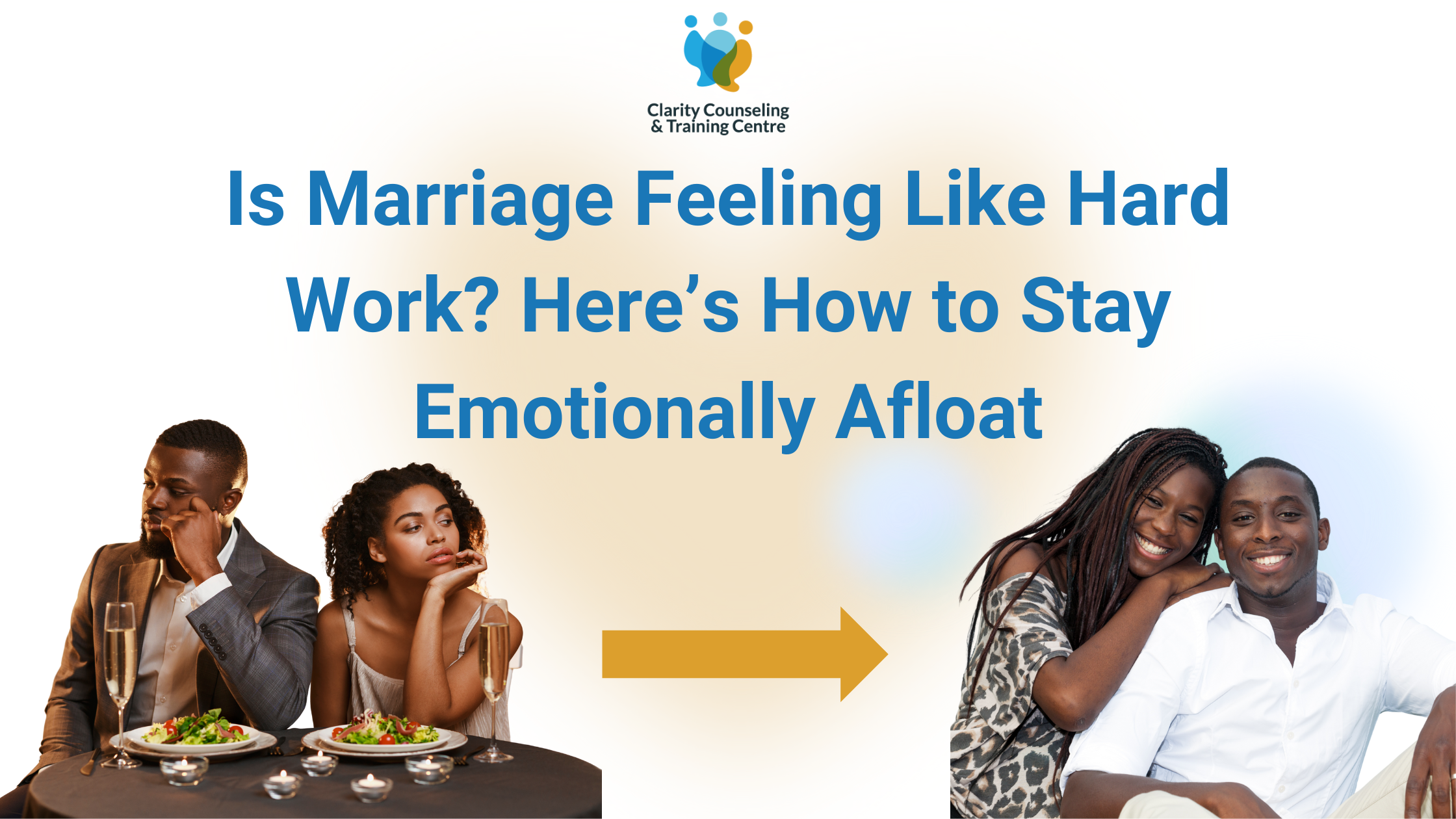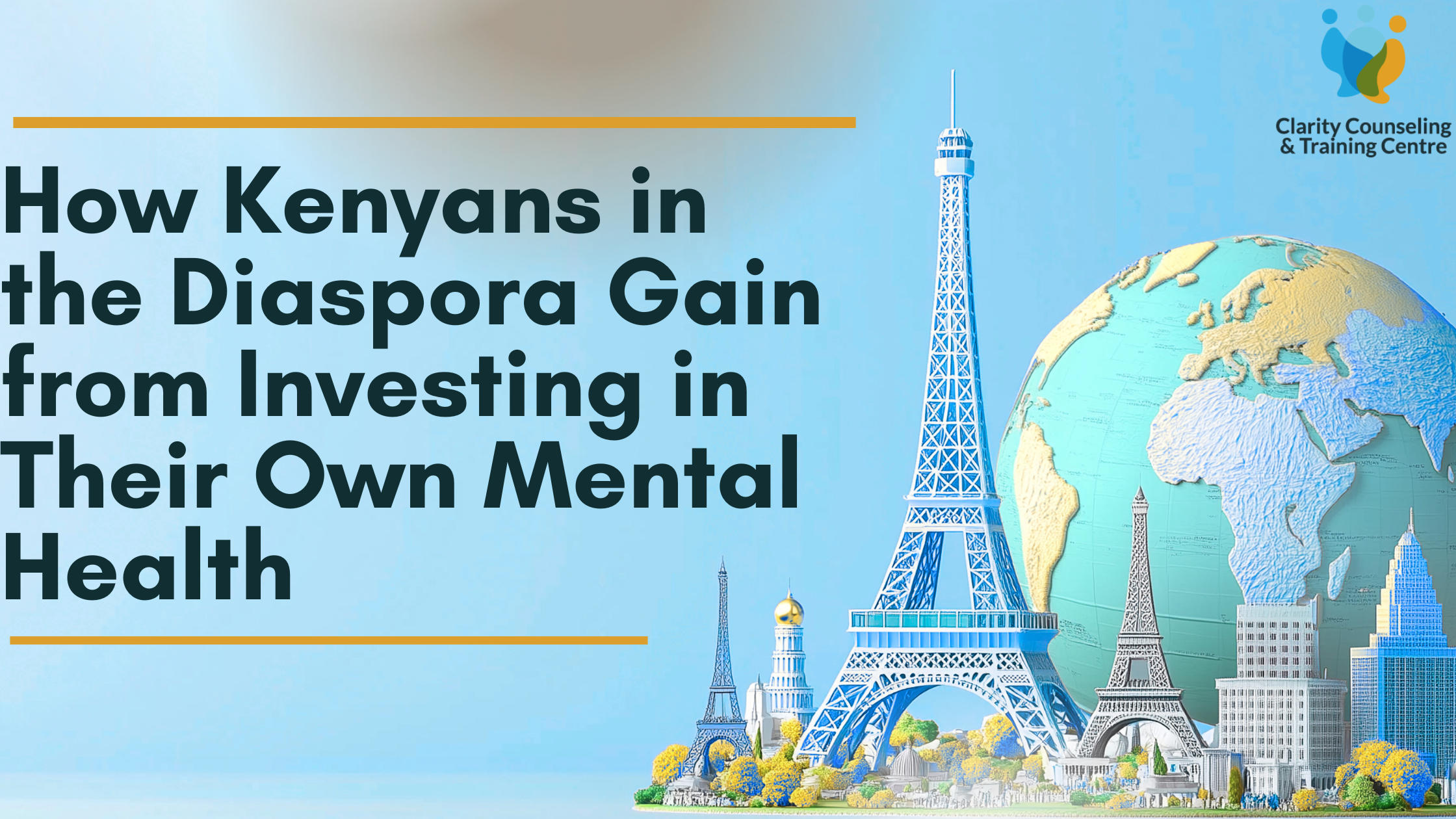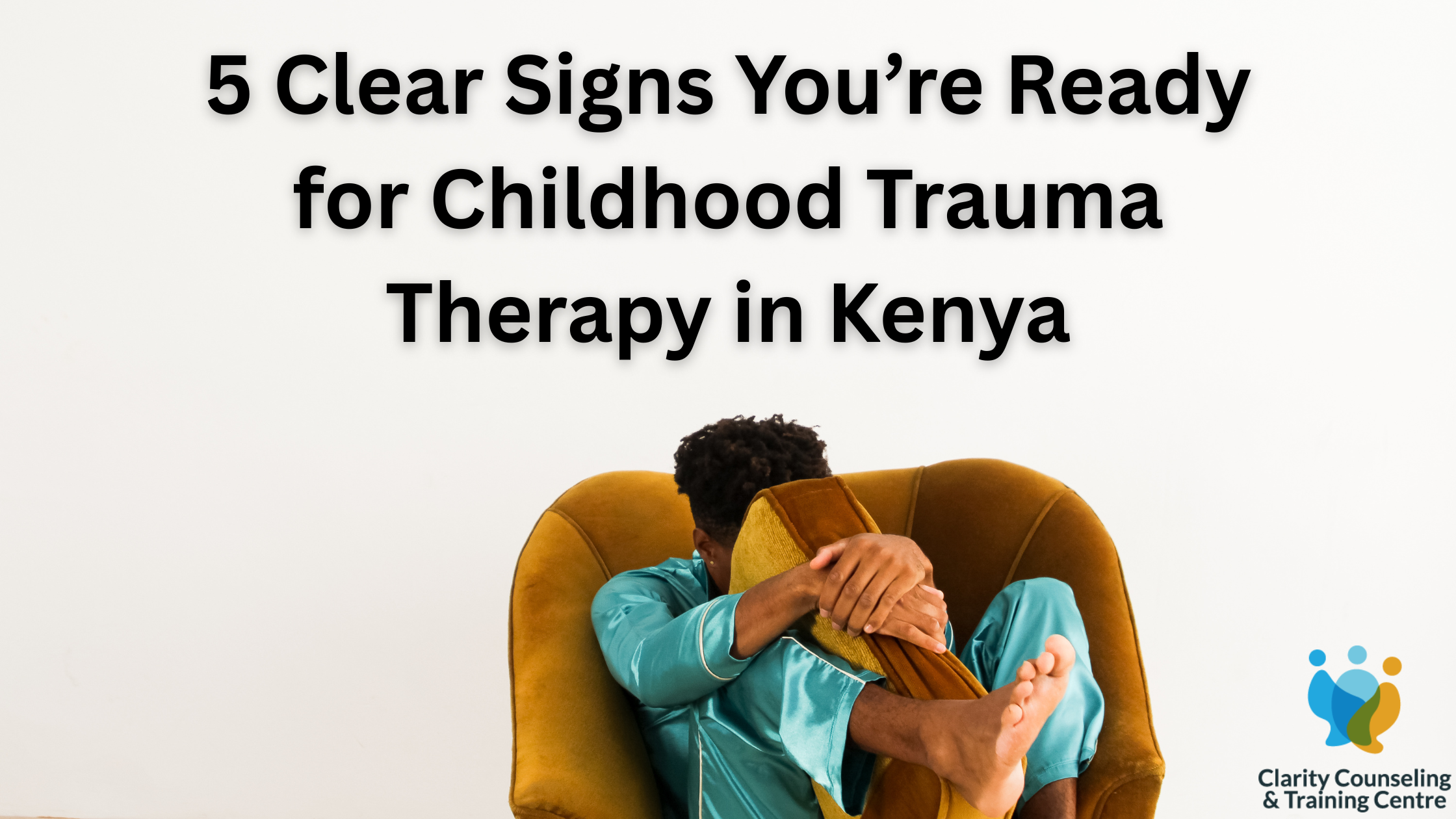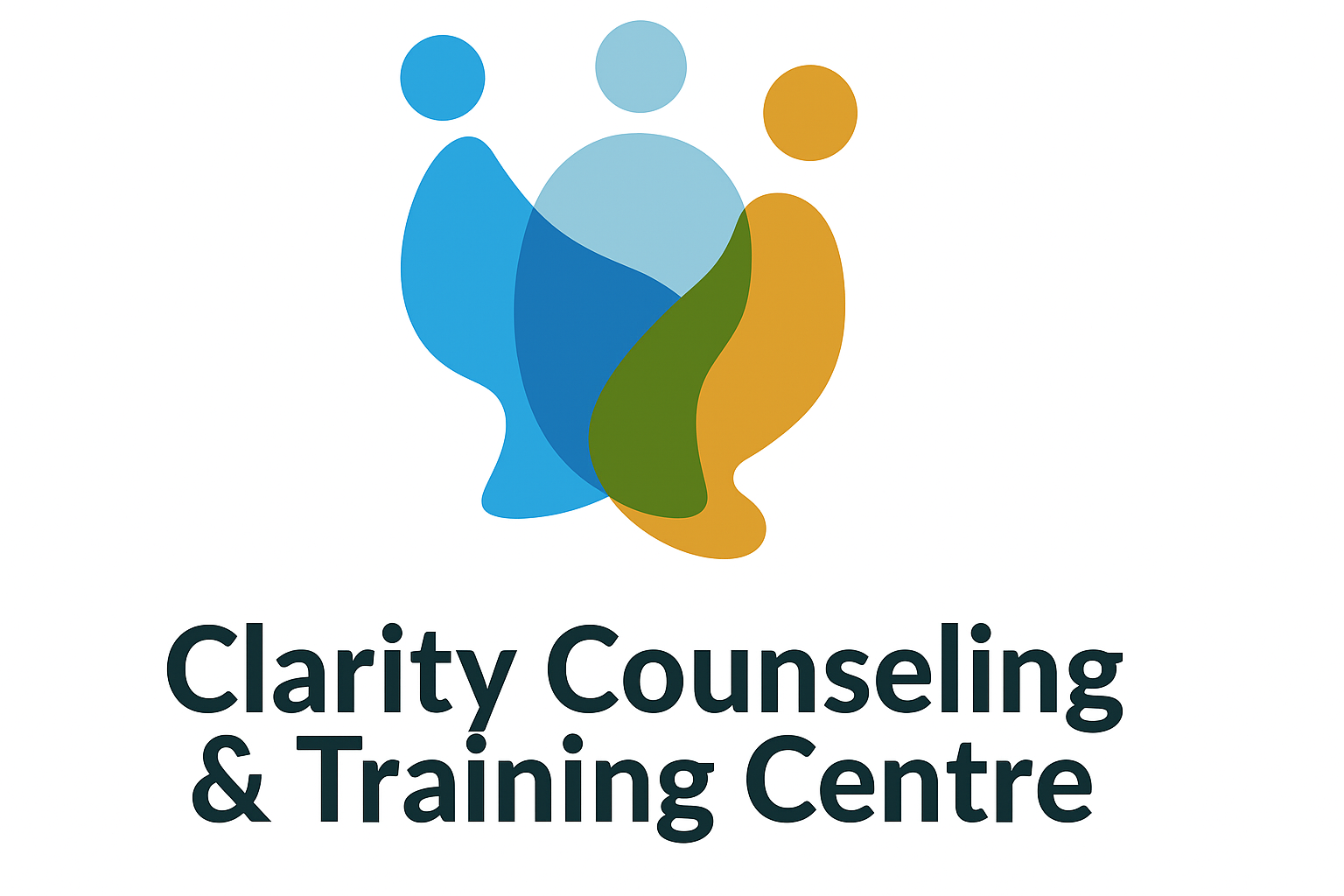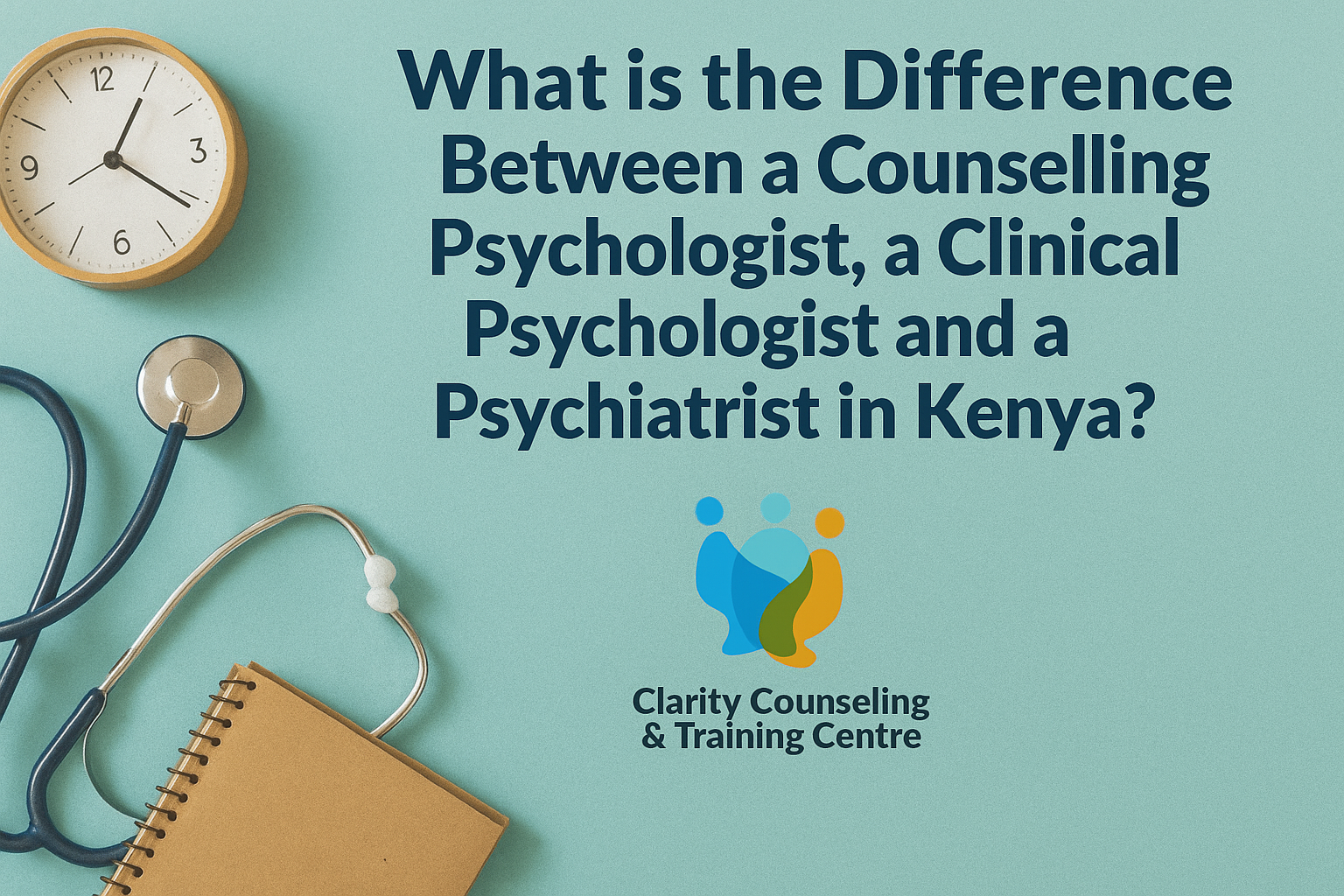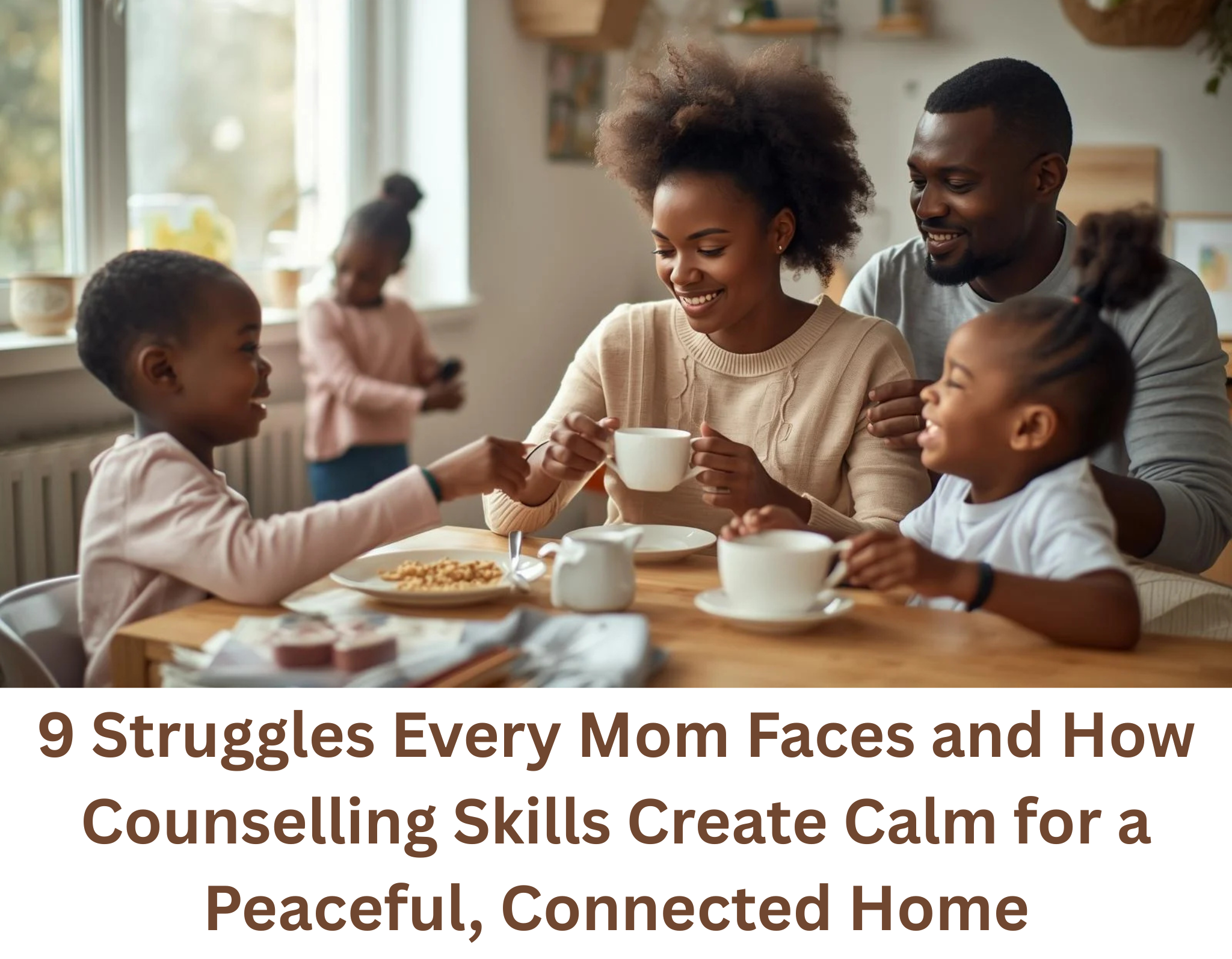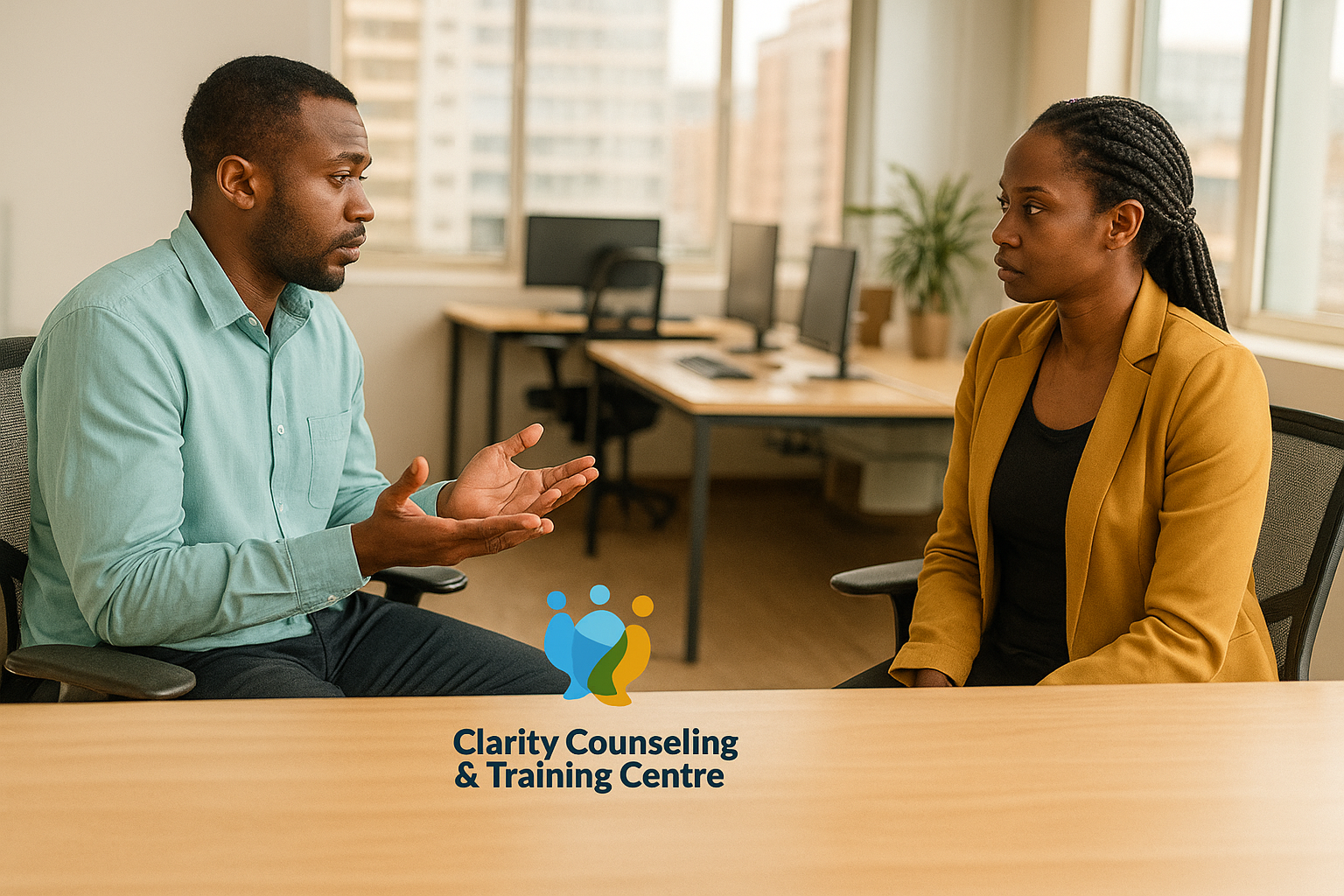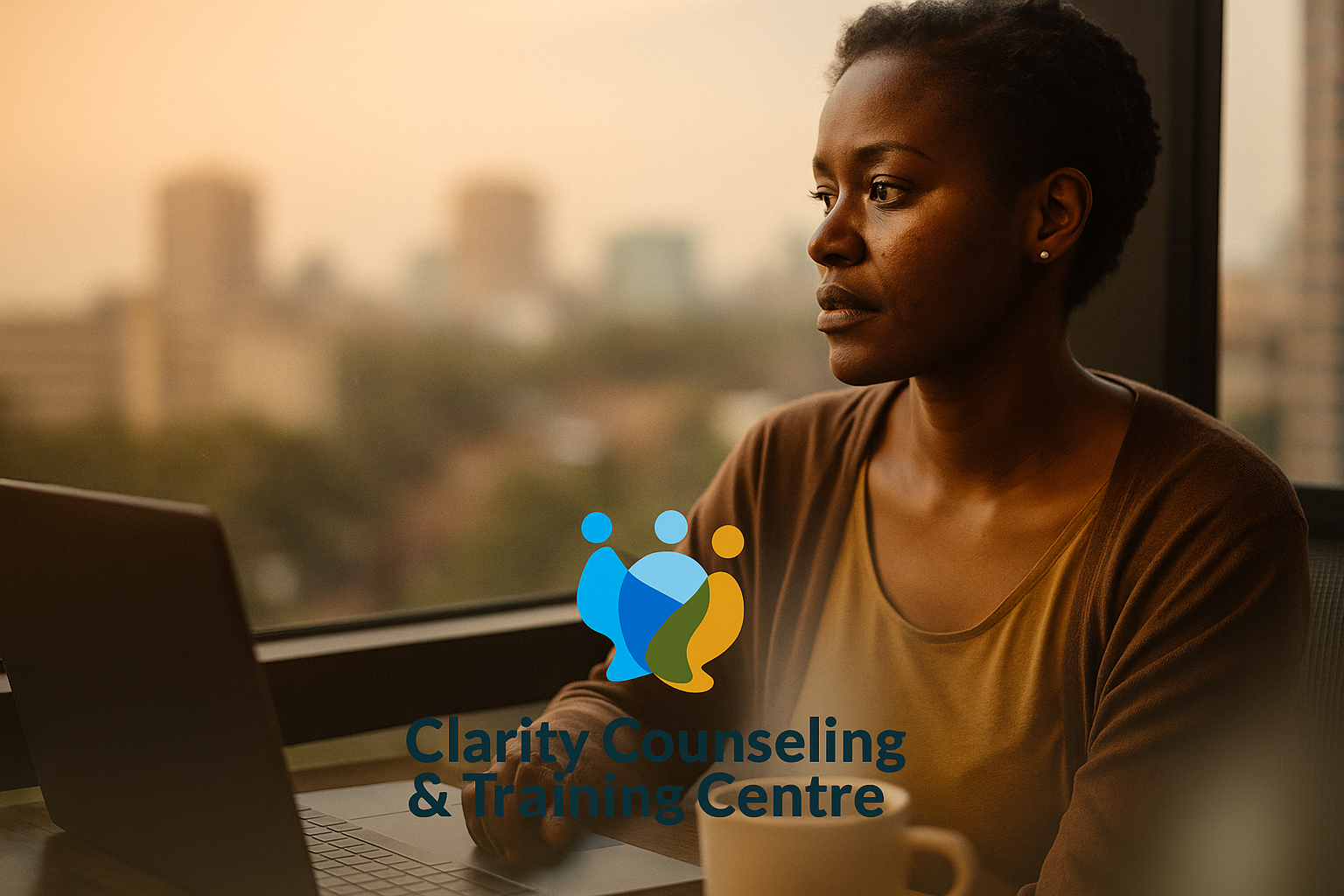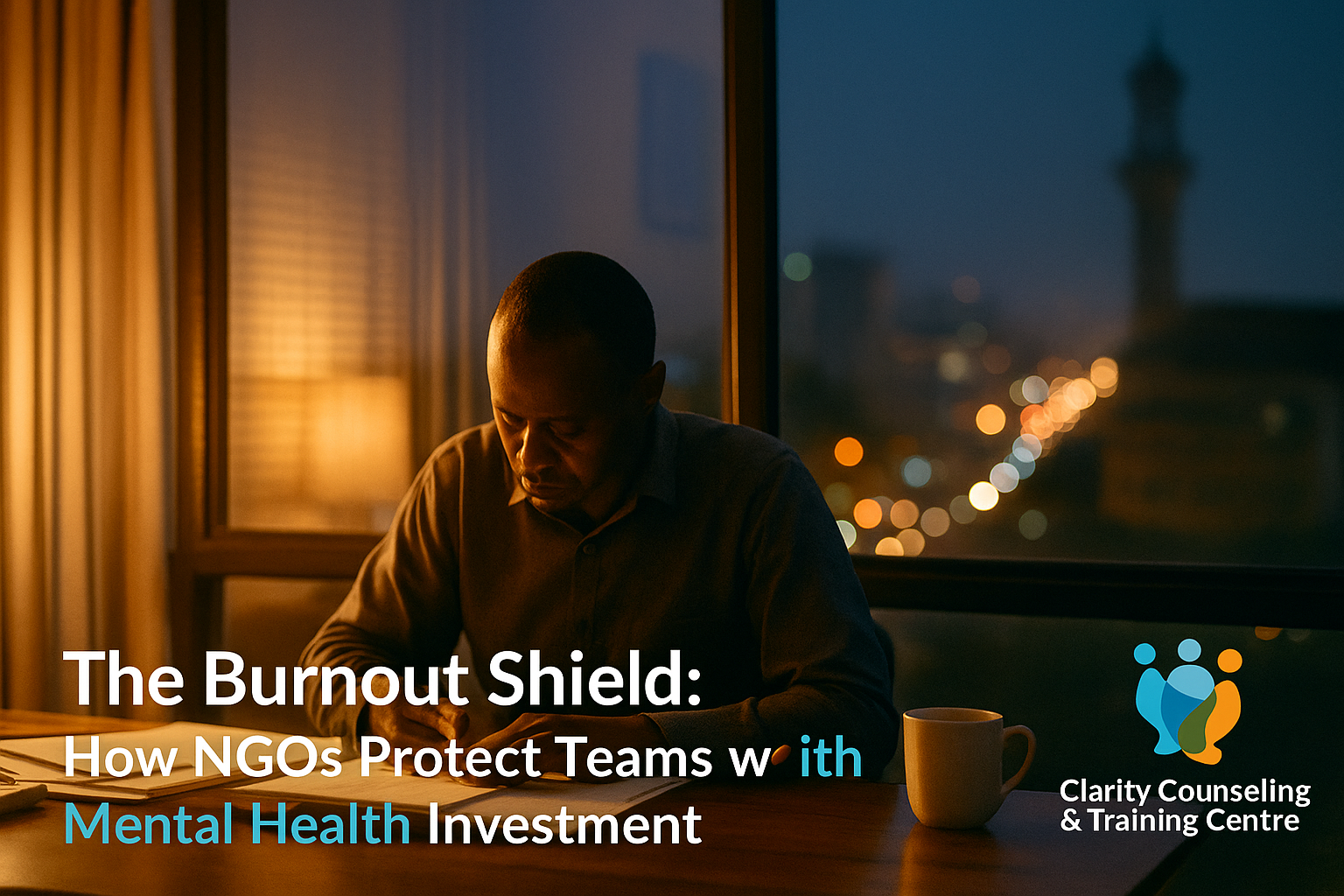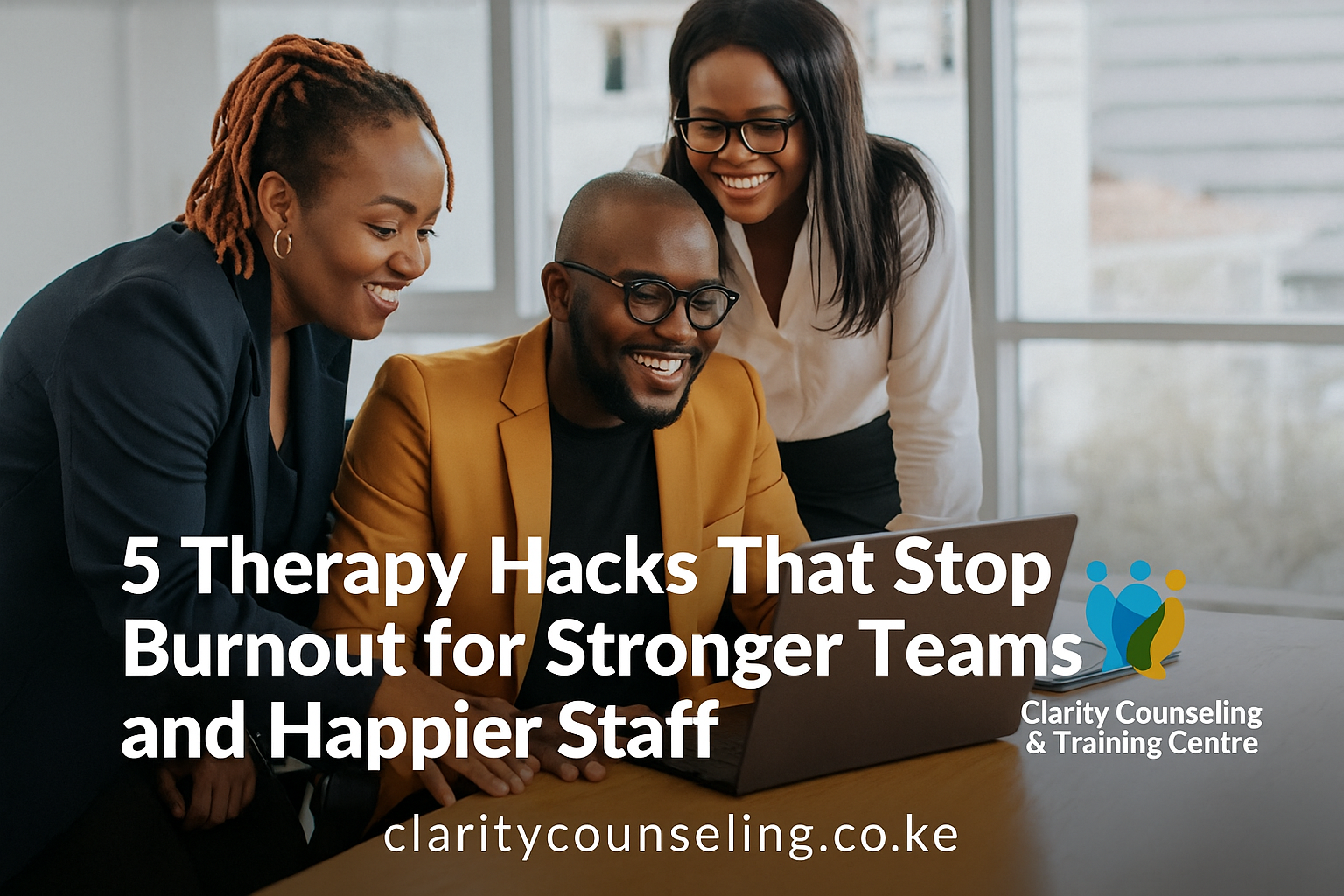7 Powerful Common Fears About Taking a Counselling Course, and How to Overcome Them
Real fears. Real growth. Here’s what’s really holding people back from taking a counselling course, and what happens when you finally do.
You’ve opened the course page three times this week.
You scroll through the smiling faces of past students, read the words “transformative learning,” and think, Could that ever be me?
But then your chest tightens.
Maybe you’re not ready.
Maybe you’re not the “counsellor type.”
Maybe you’ll start and realize you can’t handle it.
If that sounds familiar, you’re not alone. Most people who go on to become deeply grounded counsellors once sat in that same fog of hesitation. They, too, wondered if they were cut out for it.
So let’s walk through the seven most common fears about taking a counselling course that hold people back, and what really happens when you move through them.
1. “What if I’m not emotionally strong enough?”
Many people believe you must be perfectly healed before helping others. That’s a myth that keeps compassionate, thoughtful people stuck on the sidelines.
Emotional strength isn’t being untouched by pain, but knowing how to meet it without breaking. Counselling training doesn’t demand perfection; it invites self-awareness. You don’t need to have all the answers; you just need the courage to ask better questions, even of yourself.
In one of Clarity’s past cohorts, a student named Lydia joined after losing her father. She worried she was too fragile to sit with others’ stories. But through supervision, reflective journaling, and peer discussions, she discovered that her pain had softened her, not shattered her. Her empathy became her strength, not her weakness.
You grow emotional resilience in community, not in isolation. The classroom becomes your mirror and your gym. Sometimes you tremble, sometimes you lift heavy truths, but slowly, your heart learns endurance.
And even after you’ve made peace with your emotions, another question whispers in, “Am I too old or too young for this?”
2. “Am I too old, or too young, to start now?”
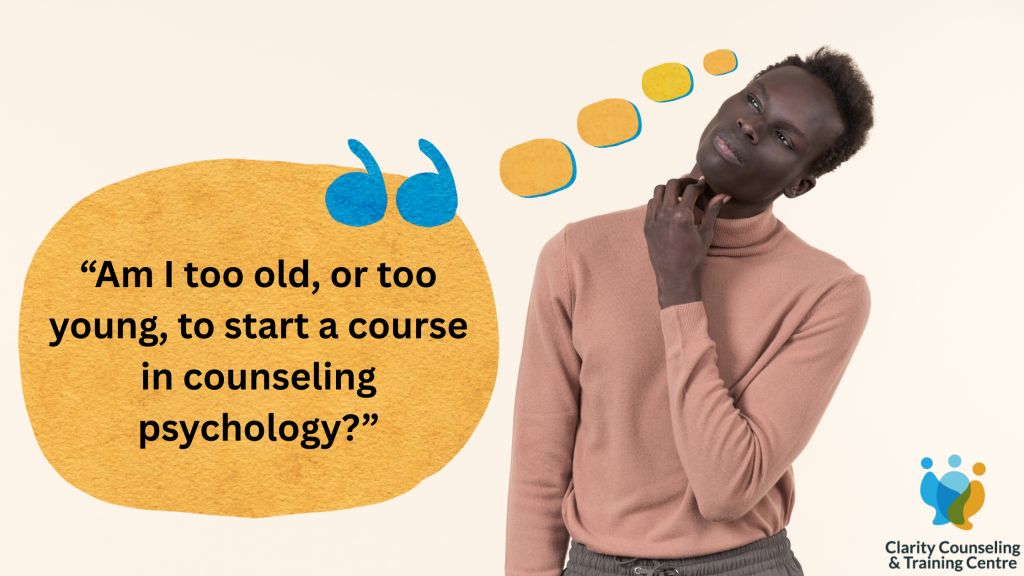
It’s a quiet, sneaky fear, this one. You tell yourself, Maybe later, when I’ve figured out more of my life. Or maybe earlier, before I got too busy. But the truth is, there’s no ideal age for learning to understand people.
Each stage of life brings its own gift to the counselling room. Youth brings curiosity and fresh eyes; age brings patience, perspective, and life experience. Emotional maturity doesn’t follow birthdays; it follows humility.
Some of Clarity’s strongest graduates are individuals who began their journey in their 50s, having already raised families or transitioned into new careers. They come with stories, scars, and a deep hunger to give back. Others are in their 20s, driven by a quiet sense that the world needs gentler listeners.
Kenya Counselling and Psychological Association (KCPA), the professional body for counsellors and psychologists in Kenya, emphasizes the value of lived experience in enhancing empathy and professional capacity among counselling trainees.
The heart for helping doesn’t expire.
Growth changes how you see yourself, and sometimes it changes how you see time itself. But even once you’ve accepted that truth, another fear often creeps in: What will people think?
3. “People will think something’s wrong with me.”
There’s still stigma, especially here in Kenya, around anything related to mental health. People hear “counselling” and assume you’ve been through a breakdown. But that assumption misses the point entirely.
Studying counseling isn’t about fixing yourself; it’s about expanding how you connect with others. It’s about learning to listen in a way that heals, to ask questions that invite clarity.
Something magical happens when you start learning this craft. You begin to notice patterns in your conversations, such as how people open up when they feel safe and how silence can speak louder than words.
You find yourself more grounded at work, more patient with your children, more compassionate with yourself.
Even employers are catching on. Emotional intelligence is now one of the top five most in-demand skills globally. In Kenya, mental health literacy is being integrated into workplace wellness programs at a faster rate than ever before.
So if someone assumes you’re broken for wanting to study counselling, let them. You’re simply choosing to understand life more deeply.
Even once the stigma fades, another question rises: Can I actually fit this into my already full life?
4. “I don’t have the time to study counseling, can I still do it?”
Time. The universal excuse. Life already feels like a full suitcase; you’re not sure you can squeeze in even one more sock. Work, family, errands, it’s all noise, and the thought of adding coursework feels impossible.
But counselling training doesn’t demand that you drop everything. It asks you to rearrange what truly matters. The courses at Clarity are designed for working professionals, parents, and caregivers. Classes often run in flexible formats, including weekends, part-time, or blended online sessions, allowing students to learn at their own pace.
But the truth is that meaningful learning creates time. You start spending less energy on unhelpful habits, such as scrolling, overthinking, and worrying, and more on intentional living. Students often report that they complete the course with better boundaries, more structure, and a clearer sense of purpose.
Think of it like pruning a plant. You cut back what no longer serves growth, and suddenly, there’s light and space again.
If this sounds like your life, Clarity’s part-time and weekend courses were built with you in mind. Learn more about our flexible learning options on our Courses page.
And when you finally clear that space, a quieter fear tends to surface, the fear of what might come up when you start looking inward.
5. “I’m afraid of what I’ll uncover about myself.”
This is one of the most terrifying fears of all, the idea that once you start studying counselling, you’ll unearth old wounds and won’t know what to do with them.
Self-discovery can be unsettling, yes. But it’s not destruction, it’s awakening. Becoming self-aware doesn’t mean becoming broken. It means seeing yourself honestly and kindly, often for the first time.
Students frequently describe a sense of relief, rather than pain, when they begin to name what has been sitting unspoken inside them. In guided reflections, supervised practice, and small groups, they find a safe container to process emotions that once felt too big to touch.
One student shared how a simple exercise on family systems helped her understand years of strained relationships. “I didn’t fall apart,” she said. “I finally saw the pattern. And once I saw it, I could choose something different.”
Healing doesn’t always look like crying in the dark. Sometimes, it’s laughing through the light.
And once you realize that, another doubt quietly tiptoes in, but I’m not really a ‘talker.’
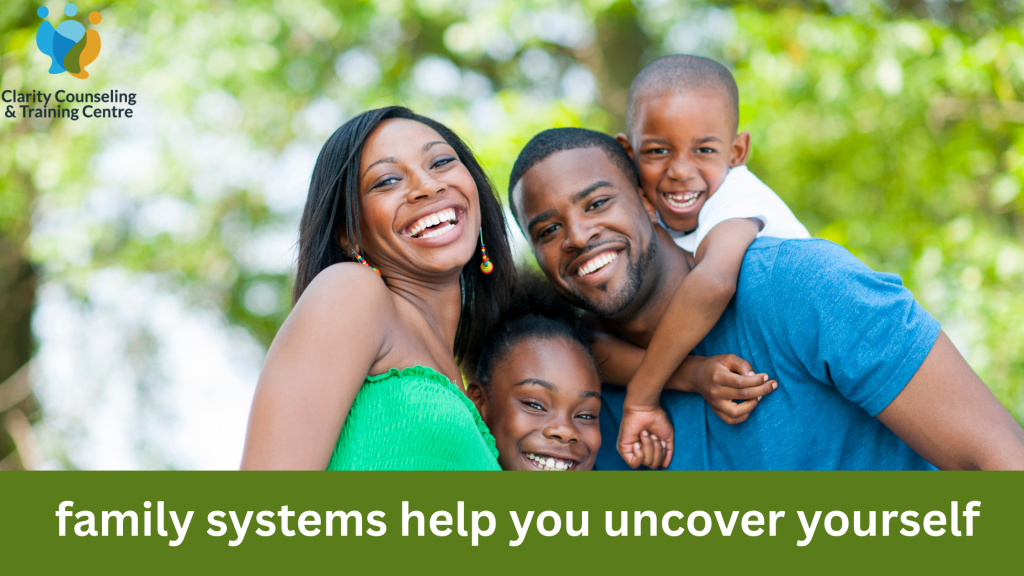
6. “I’m not a ‘talker.’ I don’t know if I can handle emotional conversations.”
Many people assume counselling is about talking endlessly, like a movie therapist scribbling notes as someone lies on a couch. But in real life, it’s the opposite. Good counselling is about listening, really listening.
You don’t need to be chatty or charismatic. You need to be present. You need to notice what others overlook: the pause before a sigh, the shift in tone, the story between the lines.
Introverts, in fact, often make exceptional counselors. They bring stillness into rooms that are otherwise noisy. They listen with their eyes. They understand the quiet strength of empathy, without it being a performance.
In Clarity’s Basic Counselling Skills & Self-Awareness Course, students practice through role-play sessions that gradually build confidence. Nobody’s thrown into deep waters alone. You learn how to hold space, how to ask questions that open doors, how to let silence work for you.
Because the secret isn’t in saying the right thing, it’s in being the kind of person people feel safe talking to.
And just when you start to feel ready, another question appears: What happens after this?
7. “What if I finish and still don’t know where to go from here?”
It’s easy to worry that after all the effort, you’ll end up lost, certificate in hand, no clear next step. But that fear misunderstands what the training is for.
A counselling course doesn’t close you into one narrow career path; it opens you up to many. Some graduates go on to advanced counselling diplomas, others become school mentors, HR wellness champions, or community volunteers. Some integrate counselling principles into ministry or life coaching.
And a surprising number discover that the real transformation happens inside before it ever turns into a title. Halfway through the course, many students report that their relationships have changed, their purpose has become clearer, and their voice has become more refined. They see people differently.
Many counselling trainees applied their new skills beyond professional settings, primarily in areas such as parenting, leadership, and relationship dynamics. The training becomes the foundation for every interaction that follows.
You’re not just learning to counsel, you’re learning to connect.
Which of these fears sounds most like your own right now?
Take a moment to name it; it’s the first step toward moving through it.
From Fear to Freedom
Every counsellor you’ll ever meet began with the same trembling questions you have now. But something shifts the moment you stop letting fear drive the car.
Courage doesn’t always roar. Sometimes, it’s quiet; it sounds like the click ‘Apply Now‘. It looks like walking into a first-class experience, not knowing what you’ll find, and leaving a few months later with a new language for understanding people and yourself.
You don’t have to be fearless to start. You just have to be willing. Willing to grow, to see, to listen.
Because maybe your next brave act isn’t saving the world. Maybe it’s starting with yourself.
Our Basic Counselling Skills & Self-Awareness Course is now open for enrollment. Come as you are. Leave with clarity.
